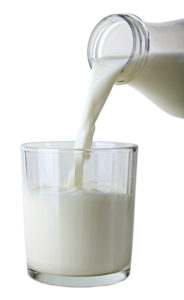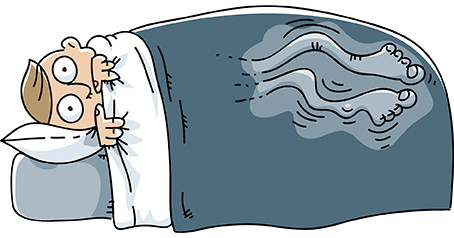Work, Milk, Fructose, Tanning, RLS, Acupuncture
Posted on June 1, 2016 by bob in NewsUCanUse
Working Longer May Lead to a Longer Life
Working past age 65 could lead to longer life, while retiring early may be a risk factor for dying earlier, a new study from Oregon State University indicates.
The researchers found that healthy adults who retired one year past age 65 had an 11% lower risk of death from all causes, even when taking into account demographic, lifestyle and health issues.
Adults who described themselves as unhealthy were also likely to live longer if they kept working, the findings showed.
 Whole vs Skim Milk: Surprising Findings
Whole vs Skim Milk: Surprising Findings
A new study published in the American Heart Association’s journal Circulation indicates that full-fat dairy, like whole milk, may be healthier than low-fat dairy, such as skim milk. Researchers analyzed the blood of 3,333 adults taken over 15 years and discovered that people who had higher levels of three different byproducts of full-fat dairy had an average 46 percent lower risk of developing diabetes.
In addition some low-fat products are actually loaded with sugar — which means they have more calories than the full-fat versions. Another study, published in the Scandinavian Journal of Primary Health Care, found that, over a 12-year study, subjects who consumed high-fat dairy products were less likely to suffer from obesity than those who don’t have that variety of dairy products in their diet.
Sweet and Salty
Consumption of fructose, a fruit-derived sugar present in many sweetened beverages and processed foods, has been associated with worldwide epidemic levels of diabetes, obesity, metabolic syndrome and hypertension.
New research presented at the Experimental Biology meeting in San Diego further supports this link, finding that high levels of fructose similar to amounts consumed within the American diet may predispose individuals to fast-onset, salt-sensitive hypertension.
Overall, these findings raise concern about the amount of fructose and salt found in the American diet.
 Tanning May Block Vitamin D Synthesis
Tanning May Block Vitamin D Synthesis
As skin tans, it darkens to protect itself against harmful ultraviolet (UV) radiation, but the increasing pigment blocks vitamin D synthesis, limiting the skin’s ability to produce more vitamin D. A new study from the University of Pernambuco Medical School, Brazil, finds even people exposed to high levels of sunlight may be deficient in serum vitamin D.
The research showed that, in a large sample of individuals living in a tropical region with very high rates of sun exposure and extremely high UV irradiation, most people had serum vitamin D below normal. Overall, 72% of participants had vitamin D deficiency.
Allergy Meds and Restless Leg Symptoms
Allergy season can be the worst time of year for people suffering with restless leg syndrome because popular over-the-counter  medications can make symptoms worse.
medications can make symptoms worse.
“Patients with restless leg syndrome already have difficulty sleeping as their symptoms tend to worsen at night or with rest,” said William Ondo, M.D., a Houston Methodist neurologist. “But sedating antihistamines, such as Benadryl, can intensify the symptoms.”
Restless leg syndrome is considered a neurological and sleep disorder where patients feel uncomfortable sensations and strong urges to move their legs, which can sometimes be painful and disrupt sleep.
“We don’t yet understand why sedating antihistamines worsen restless leg syndrome,” said Ondo, “but we do know that non-sedating antihistamines do not affect the symptoms as much because they do not enter the brain as easily.”
Ondo adds that some people who think they are allergic to Benadryl or other sedating antihistamines because it makes them feel hyper, may have undiagnosed restless leg syndrome and recommends they consult a neurologist.
 Acupuncture Dramatically Reduces Hot Flashes in Breast Cancer Survivors
Acupuncture Dramatically Reduces Hot Flashes in Breast Cancer Survivors
Acupuncture may be a viable treatment for women experiencing hot flashes as a result of estrogen-targeting therapies to treat breast cancer, according to a new study from researchers at the Perelman School of Medicine at the University of Pennsylvania.
Hot flashes are particularly severe and frequent in breast cancer survivors, but current FDA-approved remedies for these unpleasant episodes, such as hormone replacement therapies, are off–limits to breast cancer survivors because they include estrogen.
The results of the study are published in the Journal of Clinical Oncology.









